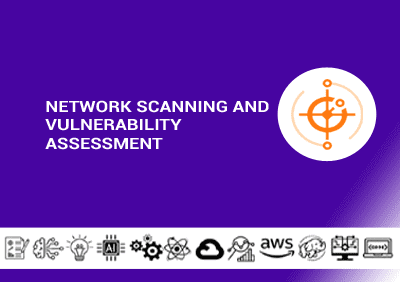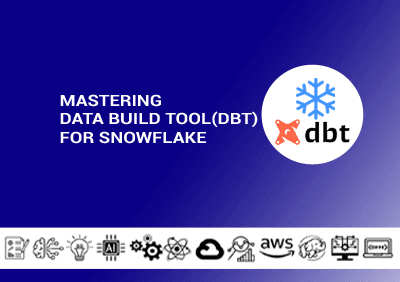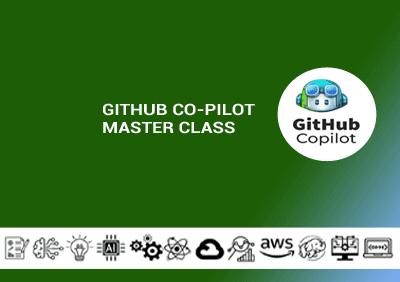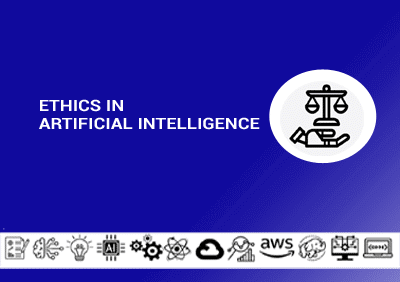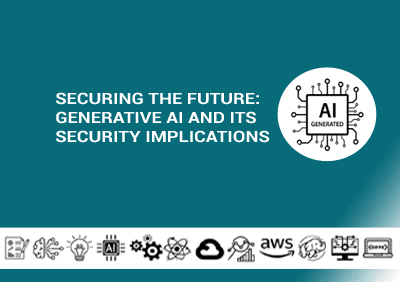- Overview
- Prerequisites
- Audience
- Curriculum
Description:
Welcome to the Incident Response Manager Boot Camp, a comprehensive 8-week program designed to equip participants with the skills and knowledge necessary to excel in the field of Site Reliability Engineering (SRE).
This boot camp will cover a wide range of topics, including Agile Scrum, Linux and Bash Shell scripting, Python programming, SRE principles and practical examples, DevOps with Docker and Kubernetes, SQL programming with MySQL, using MongoDB, and working with Apache Kafka stream API. Each week, you will delve into a different aspect of SRE, gradually building a strong foundation and practical experience to succeed in this critical role.
This workshop will start with Agile Scrum Methodology since the whole workshop would be executed like an Agile project. Students will then be exposed to SQL Fundamentals.
Students will then learn the basics of Linux and Bash Shell scripting, Python programming Fundamentals, and best practices. For example, students will get hands-on experience using Python libraries to manipulate data.
The course will then advance to understanding what site reliability engineering (SRE) is. Understand principles involved in SRE, what is reliability, maintainability, and availability. What type of metrics can used in SRE.
Students will gain hands-on experience by working with DevOps where they will learn about the container technology such as Docker and the orchestration of the containers using Kubernetes. Students will learn about Continuous Integration and Continuous Development (CI/CD).
Students will then learn about the differences between relational and non-relational databases. They will get a basic understanding of different NoSQL database types. After which there will be an in depth look into Document Database: MongoDB where they will learn about CRUD operations on data.
Finally, students will learn about real-time data streaming with Apache Kafka Streams API. Students will explore the architecture of Kafka and key streaming concepts. We will build data stream pipelines and learn how to debug them.
Duration: 8 Weeks
Course Code: BDT382
- Understanding of how computers work
- One or more years technical experience
- Programming experience with Python & SQL would be a plus.
Candidates must have basic understanding of how computer systems work and have some basic understanding of computer programming.
Course Outline:
Agile Scrum Methodology
- Scrum Introduction
- Scrum Team
- Scrum Artifacts
- Sprint Increment
- Spring planning
- Backlog
- Retrospective
- Project description and Case Study
- Practice exam and Knowledge check
- Certification (optional)
Structured Query Language (SQL)
- Working with SQL
- SQL Fundamentals
- Writing SQL Queries
- Working Tables and Indexes
- Predefined SQL functions
- Connecting Python to SQL
- Certification (optional)
Linux & Bash Scripting
- Working with Linux
- File System and Access
- Linux Fundamentals
- System Administration Basics
- Hands-on with Bash Shell Scripting
- Networking Services
- Internet protocols such as HTTP, TCP/UDP
Python Programming – Fundamentals
- Set up
- Set up development environment – Visual Studio Code
- Using python shell
- Executing python script
- Understanding python strings
- Print statements in python
- Data Structures in python
- Integers
- Lists
- Dictionaries
- Tuple
- Sets
- File
- Mutable and Immutable structures
- Selection and Looping Constructs
- If/else/elif statements
- Boolean type
- “in” membership
- For loop
- While Loop
- List and Dictionary Comprehension
- Functions
- Defining functions
- Variable scope – Local and Global
- Arguments
- Polymorphisms
- Modules
- Creating modules
- Importing Modules
- Different types of imports
- Dir and help
- Examining some built-in modules
ITIL Foundation & ITSM
- Introduction to ITIL 4 Foundation
- Framework Terminology and Structure
- Introduction to Service Management
- The principles underlying service management
- The Four Dimensions of Service Management
- The approach and guidelines: Service Value System
- Service Value Chain
- 7 practices
- Continuous Improvement
- Change Control
- Incident Management
- Problem Management
- Service Request Management
- Service Desk
- Service Level Management
Site Reliability Engineering (SRE) Basics:
- Introduction to SRE
- What is SRE?
- Reliability, Maintainability & Availability
- SRE principles
- Understanding SRE principles
- Seven principles of SRE
- Service level objectives
- Monitoring
- Automation
- Release Engineering
- Root cause analysis
- Testing and releasing
- Capacity planning
- SRE Role
- What is a site reliability engineer?
- What does SRE do?
- Adopting SRE and SRE Team Formats
DevOps Essentials:
- Introduction to DevOps
- What is DevOps?
- Goals of DevOps
- DevOps benefits
- Collaboration and Culture in DevOps
- Version Control with Git
- Importance and need of version control
- Version Control Options
- Git Overview
- Setting up Git and repositories
- Using Git Commands
- Git workflows
- Continuous Integration & Deployment (CI/CD)
- Introduction to CI/CD
- Continuous Integration Pipelines
- Setting up CI/CD pipeline
- Continuous Integration with tools like Jenkins & GitHub
- Best practices in DevOps
General Technology Support Basics:
- Server: Administration and troubleshooting in Linux and Windows as well as patching and basic scripting skills (PowerShell, Bash)
- Converged Solutions: VMWare platform and network connectivity, and patching, alongside PowerShell and Linux scripting skills
- Storage Overview: CIFS/NFS, Linux and Windows scripting, DPA reporting, Avamar and Data Domain administration, and solid understanding of Windows and Linux environments
- Middleware Basics: Linux, Windows, WebSphere, Apache, IIS, WebLogic and Tomcat
- Mainframes: JCL, CICS SYSPLEX
- Networking: Strong understanding of the network protocols and OSI Model
- Collaboration Tools: TrueSight, Jira, and Confluence
- General understanding of technologies. Big Panda, Log scale, Dynatrace, MLOps
Project & Use Case
- Project Overview
- Complete projects to get experience and practice.
- Industry Use Case Studies
Certification
- Certification Overview
- Identify the right certification for you.
- Tips to prepare for certification.
